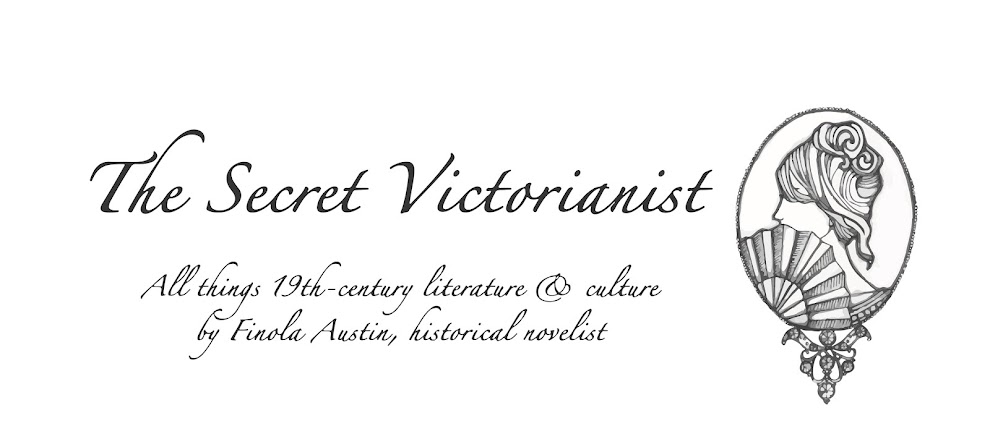 |
| A Victorian wedding |
My second foray into Mrs Oliphant has been to read the 1892 The Marriage of Elinor – a full-length
novel about a woman who marries the wrong man. The wilful Elinor marries
notorious gambler Philip Compton against the advice of all who love her,
particularly her long-suffering mother and ever loyal (and ever ignored)
distant cousin John, with the novel tracing the course of her marriage, from
engagement to wedding to estrangement and reconciliation.
For general readers:
In the realistic world of Oliphant, inconvenient spouses don’t tend to die in time
for the closing chapter and moral choices aren’t always clean cut so expect a
novel which feels closer to life than fiction and is painstakingly concerned
with the minutiae of human motivations. Elinor’s trials are entirely relatable,
both as a love-struck young woman and as a mother in her forties terrified about
the reaction of her teenage son to finding out his father is still living. But
what really makes the novel is the strength of the characters on the periphery of
her story – Elinor’s mother Mrs Dennistoun and her cousin John Tatham.
Both these characters have a rough time of it – both love
Elinor and see her suffer, while Mrs Dennistoun fears being viewed as an
interfering mother and mother-in-law and is left lonely at the marriage of her
only daughter, and John represses his romantic feelings for his cousin and
faces losing her and her son all over again as it were with the reappearance of
the errant husband. And, compellingly, both never express their feelings to
Elinor, giving the novel at times a real pathos and poignancy.
The familial themes the novel deals with and humanity of its
characters make the novel feel highly relevant (even if marrying the wrong man
today can be more easily remedied!) and what The Marriage of Elinor lacks in specific dramatic incident, it more
than makes up for in terms of human interest.
For students: There’s obviously a lot here for students looking at marital breakdown in the nineteenth century and its implications – social and financial. But there’s much more besides. Elinor’s pregnancy - another pregnancy not made all that apparent to readers until after the fact - is a key factor in the crisis of her marriage, and is worthy of closer attention.
Meanwhile Elinor’s appearance as a witness in a court case
displays many of the tropes covered off in Women in the Witness Box series,
with Elinor’s ability to speak an untruth truthfully skewing the trial, having
a drastic impact on her domestic life at two important junctures in her life
and providing the context for the final lines of the novel, when she asks John
if she has done the ‘right’ thing.
Elinor’s son is also an interesting character – with references
to his grammar schooling sitting neatly with the kind of educational
environments described in Charlotte Yonge’s The Daisy Chain, which I reviewed earlier in the year.
Any student studying Victorian attitudes to marriage would do
well to include The Marriage of Elinor
as a lesser-known example.
Which lesser-known nineteenth-century novel should the
Secret Victorianist review next? Let me know – here, on Facebook or
by tweeting @SVictorianist!


